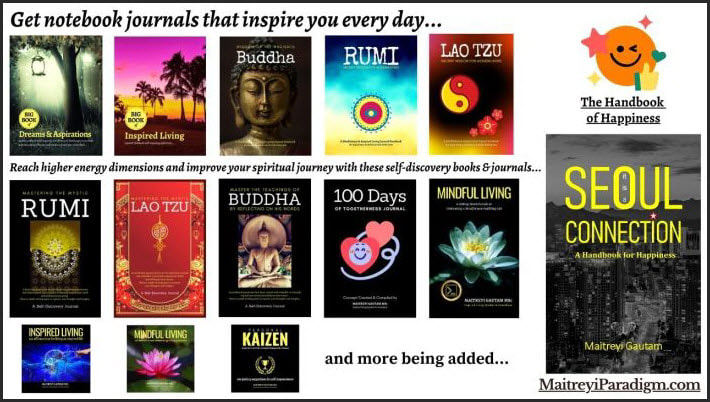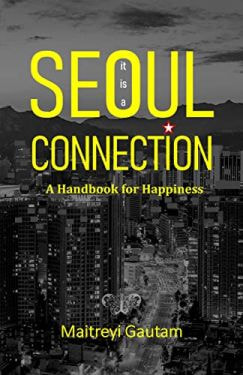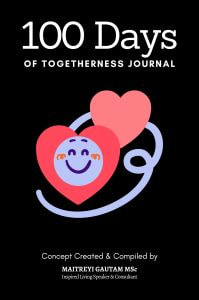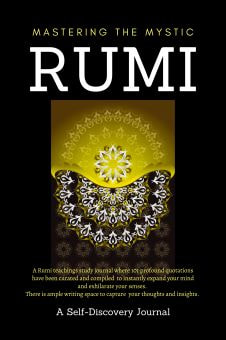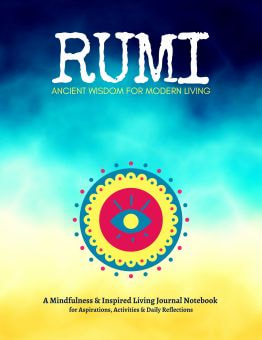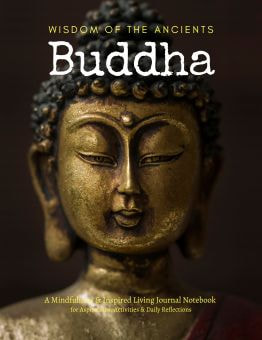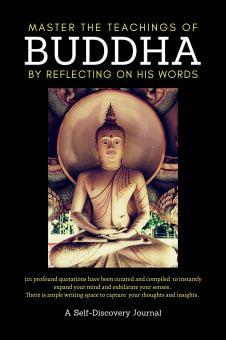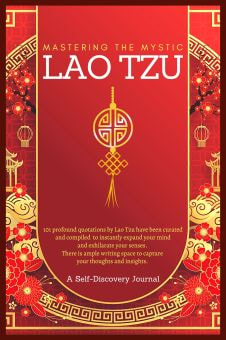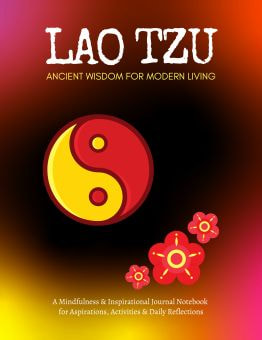What is a Mindfulness Journal?A mindfulness journal, at its core, is a personal space for reflection and growth. It serves as a tool to help individuals practice mindfulness, which is the act of focusing one's attention on the present moment without judgment. Through the process of journaling, individuals can better understand their thoughts, emotions, and experiences, ultimately leading to increased self-awareness and improved mental well-being. | |
One of the key aspects of a mindfulness journal is the emphasis on non-judgmental observation. This means that as you write about your thoughts and experiences, you are encouraged to do so without labeling them as good or bad. This helps foster a sense of acceptance and compassion, allowing you to view your thoughts and feelings objectively rather than being swept away by them.
This enables you to make more informed decisions and respond to situations more effectively, rather than being guided by habitual reactions.
How to keep a Mindfulness Journal?
However, there are some general guidelines to help you get started:
- Choose a medium: Some people prefer traditional pen and paper, while others may opt for a digital platform. Experiment with both to find what works best for you.
- Set aside time: Dedicate a specific time each day to write in your mindfulness journal. This can be as little as five minutes or as long as an hour. The key is to establish a routine that is manageable and sustainable.
- Be consistent: Aim to write in your journal every day. Consistency is important to reap the full benefits of mindfulness journaling. However, if you miss a day or two, don't be too hard on yourself. Just pick up where you left off.
- Begin with a prompt: Starting with a prompt can help you focus your thoughts and make the writing process more manageable. Examples of prompts include reflecting on a recent experience, listing things you're grateful for, or exploring a specific emotion.
- Reflect on your experiences: As you write, be honest with yourself about your thoughts and feelings. Remember, this is a space for personal exploration, so don't worry about the quality of your writing.
- Review your entries: Over time, you may find it helpful to review your past journal entries. This can help you identify patterns, track progress, and gain further insights into your thoughts and behaviors.
In conclusion
By setting aside time each day to reflect on your experiences without judgment, you can foster a greater sense of compassion and acceptance for yourself and the world around you.

